AARP Hearing Center


Chapter 11
Friday, May 27, 2016
THE FACES AROUND THE TABLE BLUR and I take a deep breath, feeling my brain click into vigilance. This is my chance to get a sense of the investigation. If I am very careful, I may be able to get them to tell me more than they want to. I need to answer their questions, and I need to do it in a way that invites more. The longer this goes on, the better my chances.
They go over the public details of the case for an hour, double-checking things with me, going over how I came to find the necklace. I tell them the story as clearly and concisely as I can.
“This isn’t a judgment, like, but why didn’t you ring the Guards when you realized she’d been to Glenmalure?” Joey asks me. “When you realized she’d been up to the woods?”
I meet his eyes. “I know it looks weird now, but I really thought she might be up there, just waiting for me. I know how that sounds. I do. But she’d done it so many times before. Disappeared, I mean.”
“Everyone described her state of mind before her disappearance as fine, normal,” John White says. “Your actions suggest otherwise.”
“I know. Erin was ... She could be erratic, unpredictable. At the time, no one thought it was more than teenage rebellion. She went through periods where she was drinking a lot, maybe more than that, not taking care of herself. I worried about her, I wanted to protect her. That’s the only way I can explain my actions now.” I’m telling him the truth and he knows it. He nods. When I meet his eyes, he looks away. I get a little ping of recognition from some drawer of the filing cabinet in my brain. He looks familiar, and I wonder if I met him on the original investigation.
“After we found the piece of paper at the bed-and-breakfast, the investigation shifted back to Dublin,” Griz says. “I don’t mean to call you out, Roly, but we’re in the business of reviewing decisions made in past cases. Did you agree with that decision to shift the investigation?”
Roly pretends to stab himself in the back, but he’s got a grin on his face and he nods at her to say, good question.
“It made perfect sense,” I say. “They’d already searched the hills around the walking trails. She wasn’t there. All of her actions suggested she was going back to Dublin that next day. It was an understandable shift.” They can all hear my hesitation. “But I still thought there was something in Wicklow we didn’t find. Maybe not ... her. But something.” I look up, decide to risk it. “I always wondered about the door-to-doors, whether there were any eyewitnesses who didn’t want to come forward because their underwear drawers were filled with bags of pot. You know.”
Nods around the table, but nothing else. If there were underwear drawers, they’re not going to tell me.
“We haven’t been able to find any links between Erin and June Talbot, Teresa McKenny, or Niamh Horrigan,” Griz says, moving on. “There isn’t anything you can think of there?”
“Well, there’s the geographic link,” I say. “Other than that, no. But there must be potential links there. Everyone Erin came into contact with on her trips to Glenmalure is a possible link. The guy at the B-and-B, right? Whatever happened with him? Or the bus driver?”
“We’re on it,” Roly says quickly, and I look up to find a tall man with gray hair standing in the doorway. I know I recognize him from before. Superintendent Wilcox. “What else would you like to ask Detective D’arcy?”
Griz exchanges a glance with him that I can’t read. “Well, the romantic angle is the obvious one. We have all these men who she knew, who she may have been involved with, but nothing definite on any of them. You knew her well. Did you ever have an instinct about that?” They’re right to be thinking this way. Murderers, even serial ones, have to identify their victims somehow. Truly random abductions and killings are remarkably rare.
I start to tell them that any one of the men who were original persons of interest could be our guy, that I wasn’t satisfied by their alibis, that boys and then men had become obsessed with Erin before, but then I realize that’s not what Griz is asking. “My instinct was that there was someone,” I tell her. “Someone we didn’t know about, someone who wasn’t a main suspect in the original investigation. In the years since ... I was over here, since she disappeared, I’ve come to think of him as this ... this gray shadow. That’s how I see him. I’ve had dreams and ... All of her actions those last few days, they make me think she was meeting someone. That guy, whoever he is. That’s who I think it is. And I think he must have a connection with Talbot and McKenny and Niamh Horrigan, too. Even if it’s just the geographic one, even if he happened to come across them because he delivered vegetables or cement or drove to work a particular way every morning and his route took him by the roads where they all disappeared. It’s something like that. You asked me about my instinct and that’s my instinct.”
Everyone’s silent.
“We know about those serial murders on Long Island,” Griz blurts out suddenly. “We know what you did there. You profiled that fella. You found him. The FBI couldn’t do it and you did it. What’s this fella’s profile? Who is he?”
I force myself to wait. The panic starts, but I know this is my leverage. Carefully, I say, “I don’t have all the data I’d need. I couldn’t profile without that. But the infrequency, the span of the disappearances and killings. That’s the thing that jumps out at me—1993, 1998, 2006, 2016. What’s the pattern there? Your people are good. You’ve looked. But there must be something you’re not seeing. Are there other crimes that haven’t been included? It’s a long time line. The infrequency makes me think you’re missing something.”
“Nothing else fits,” Roly says. “Believe me, we’ve looked.”
“So, what’s happening in this guy’s life that these were his opportunities?”
I can see on their faces that they’ve spent so much time thinking about this exact issue that my raising it feels like nails on a chalkboard. “That’s the question, isn’t it?” Roly mutters.
We go over a few more details and then John White says, “What about the political angle? What was your instinct on that?” He gives the word instinct a little stress that makes me pay attention. He thinks my instinct is bullshit.
I shake my head and say, “I’ve gone over and over that so many times I can’t count. There’s nothing specific. She wasn’t ever overtly nationalist around me. But I mean, my uncle has a picture of Gerry Adams hanging in the bar.”
“But sure, so does every Irish bar in America,” Joey says.
“Yeah, you’re right. And Erin just ... She wasn’t interested in any of that. At least she wasn’t before she came over here.”


























































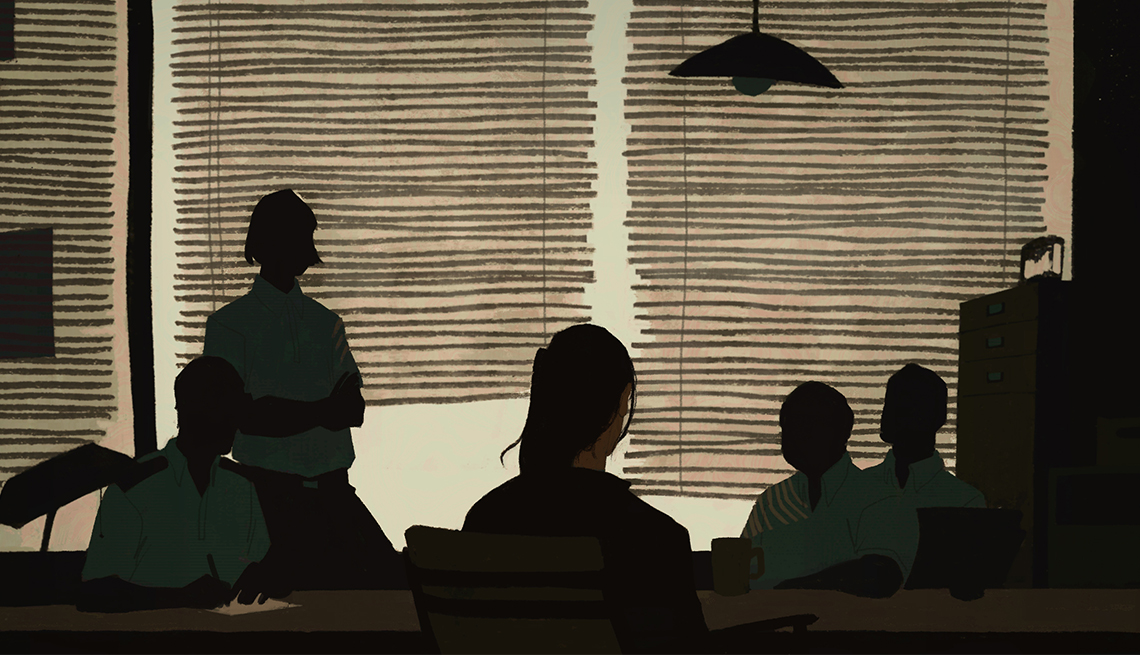
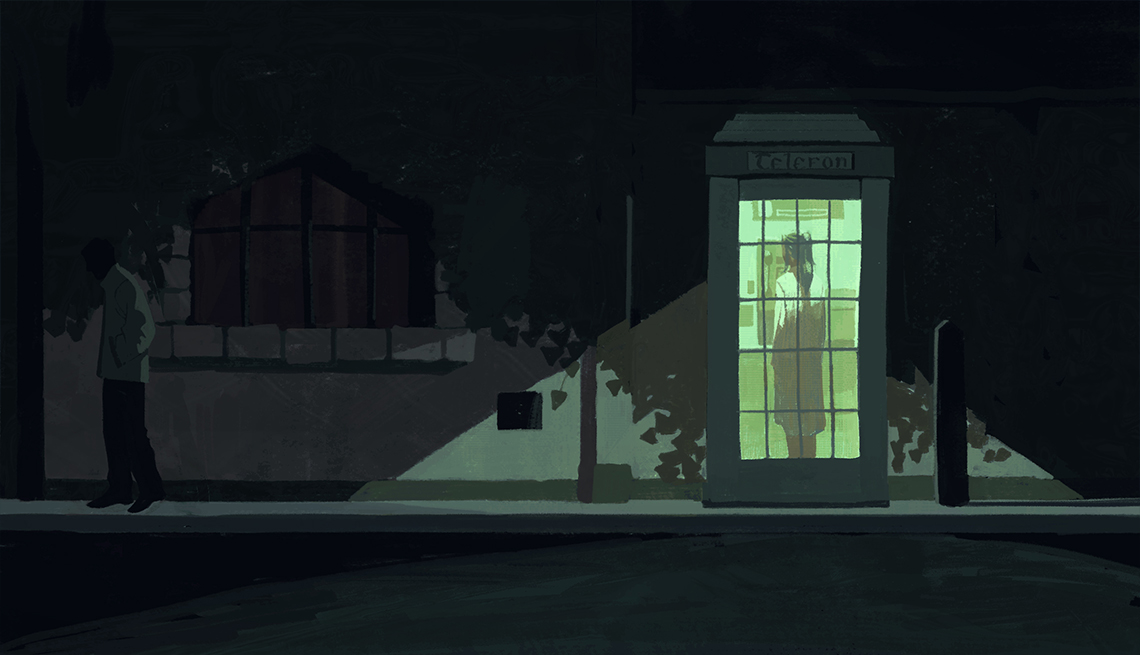
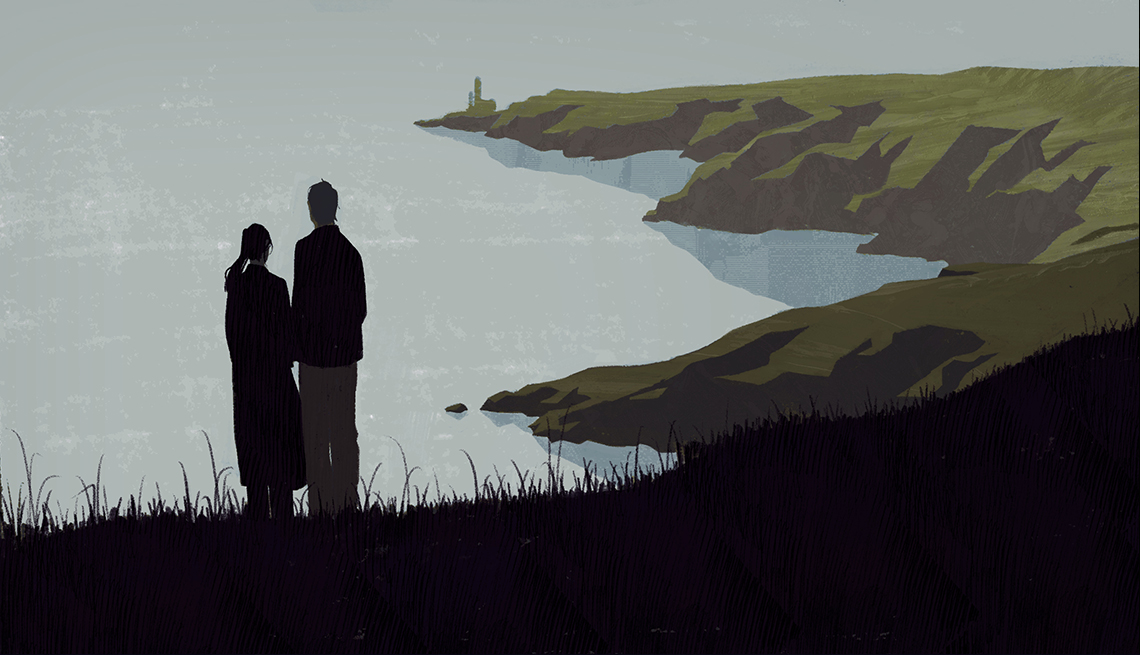
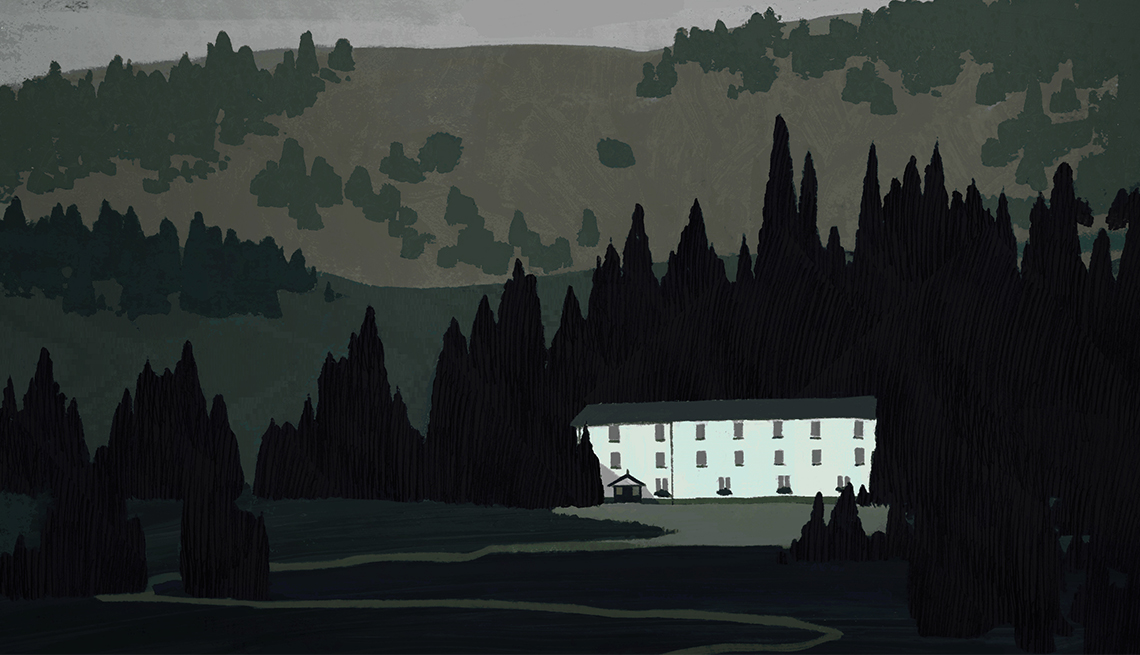
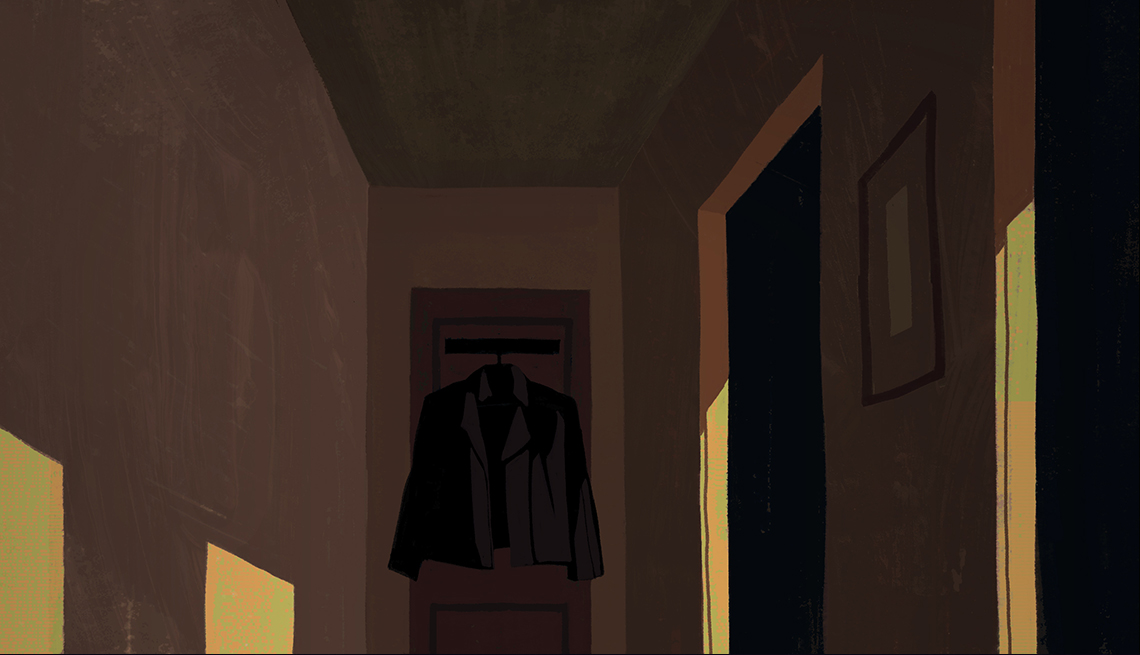
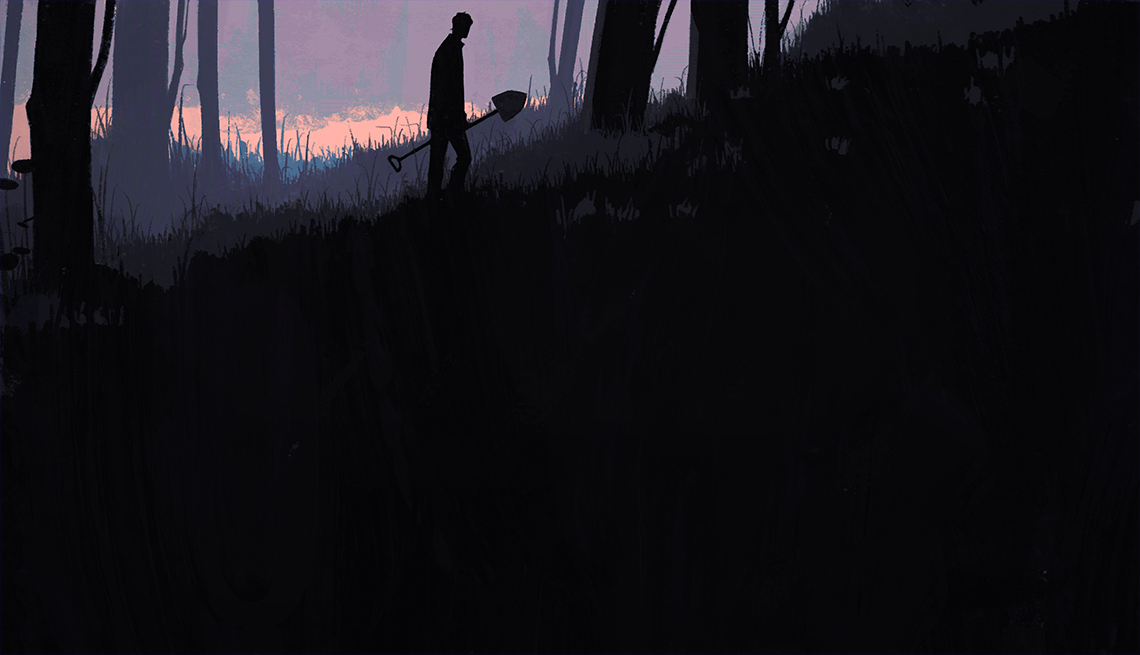
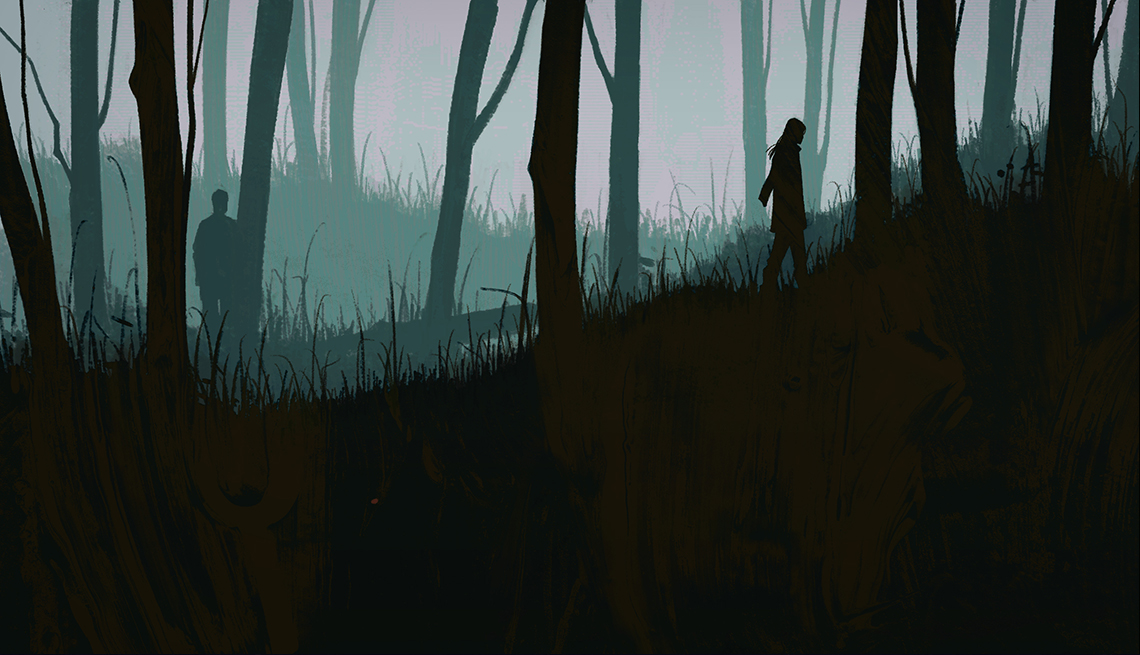
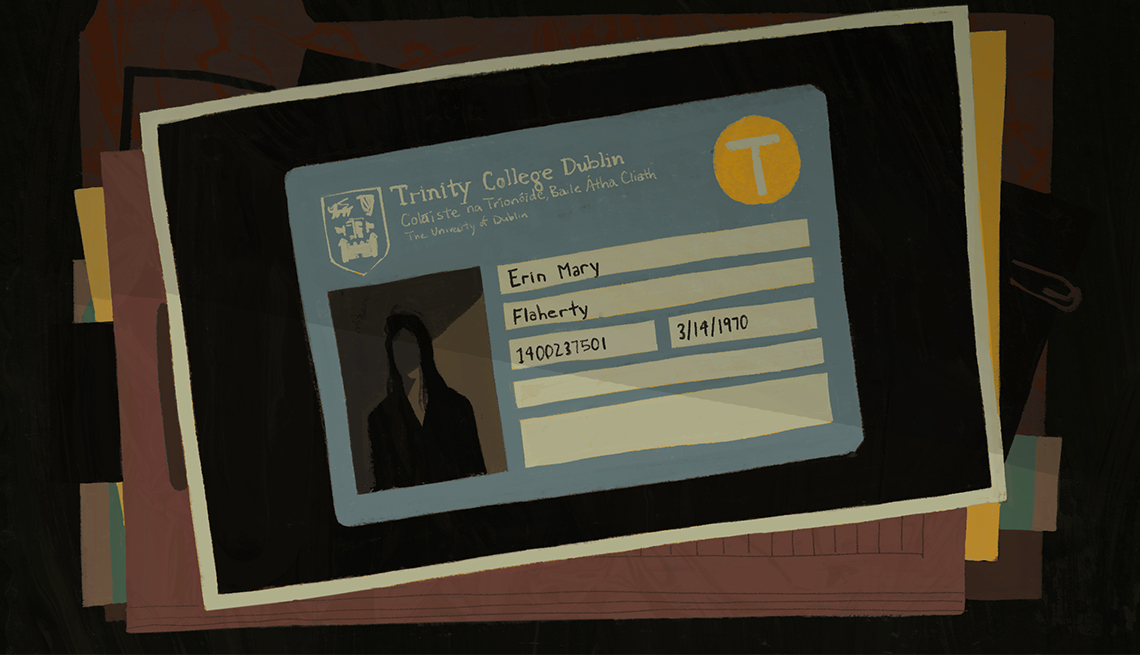

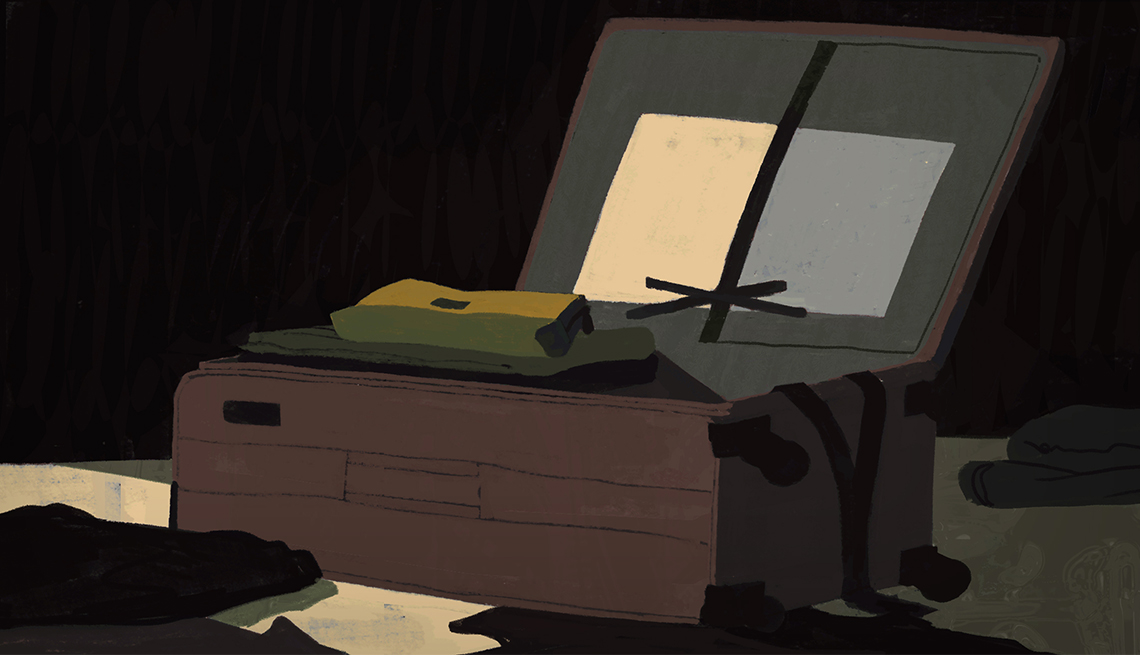
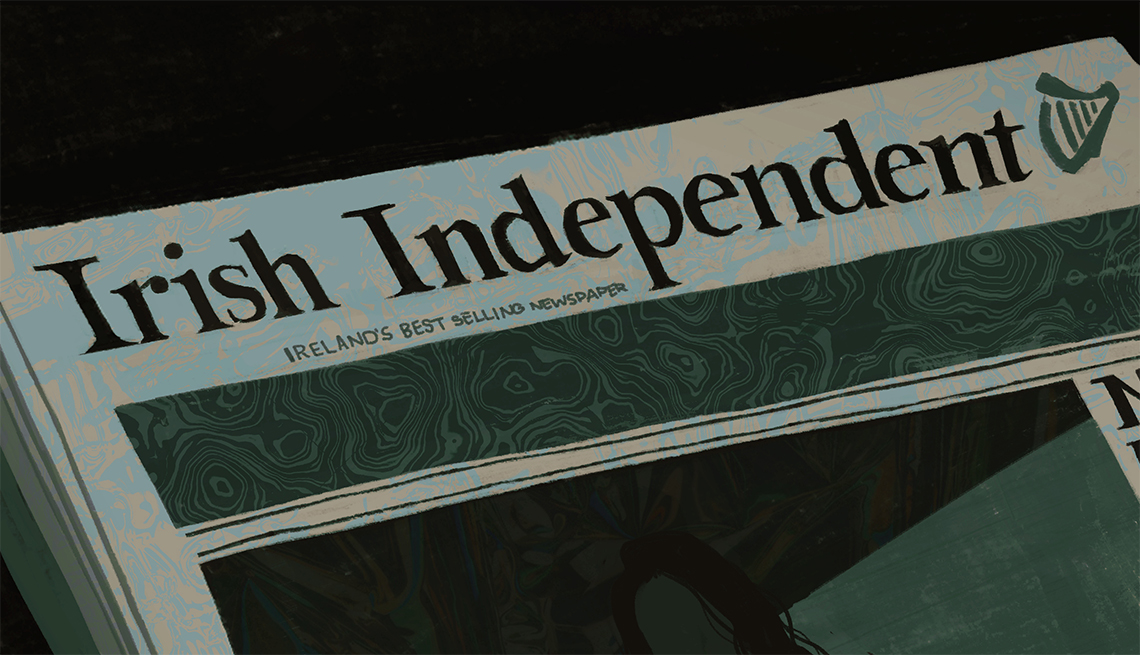
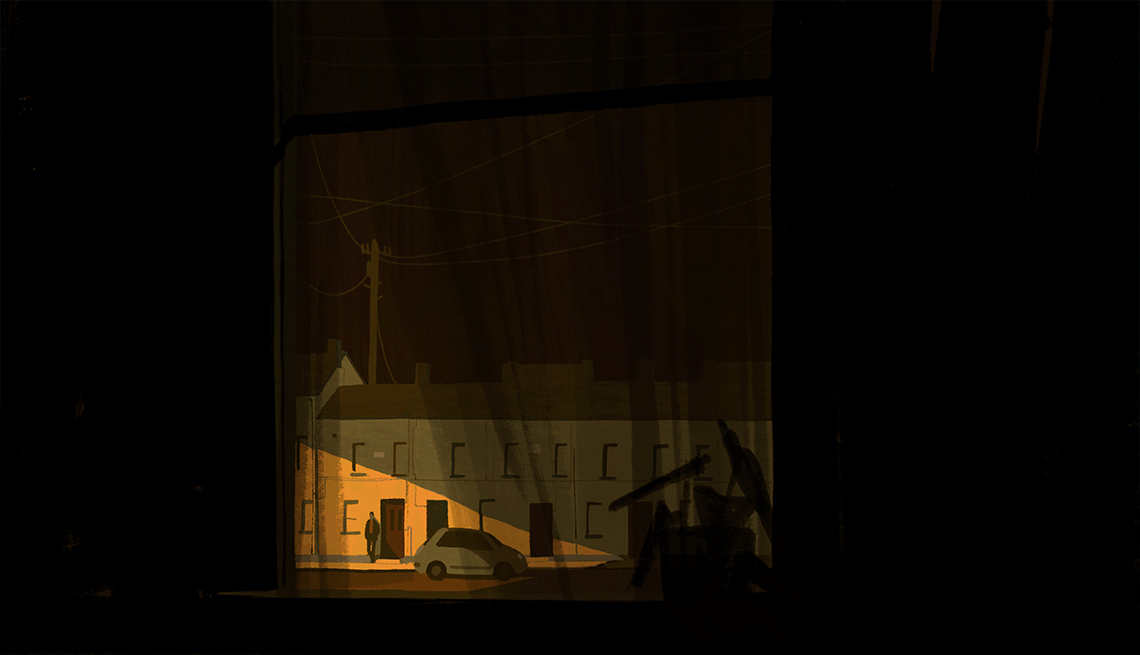
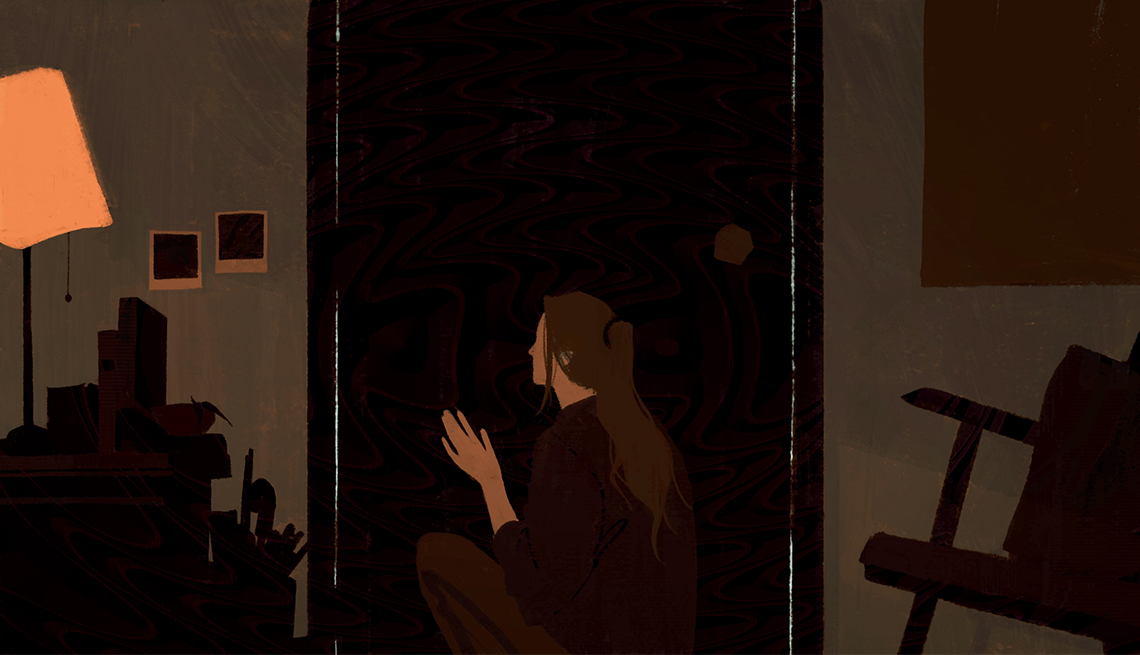


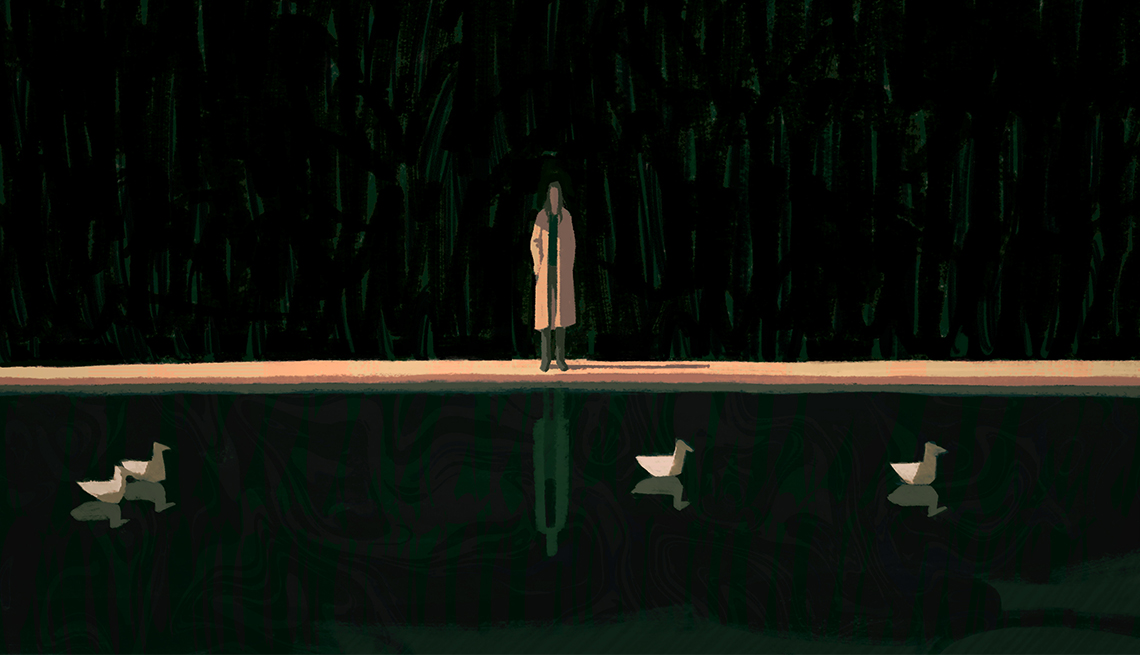


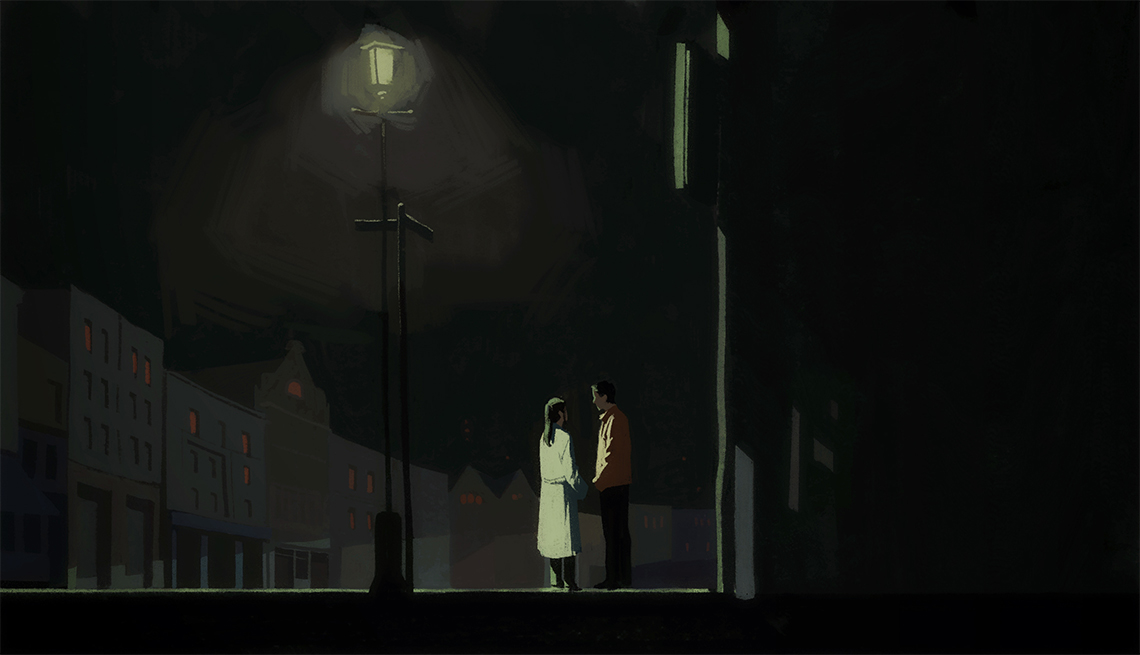
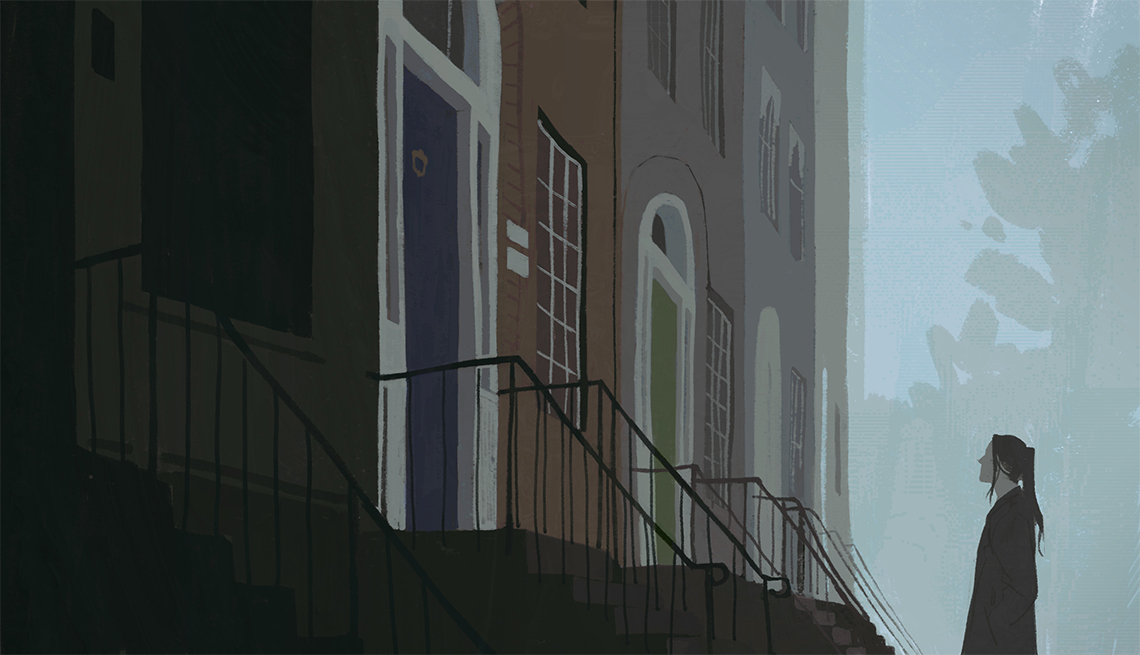
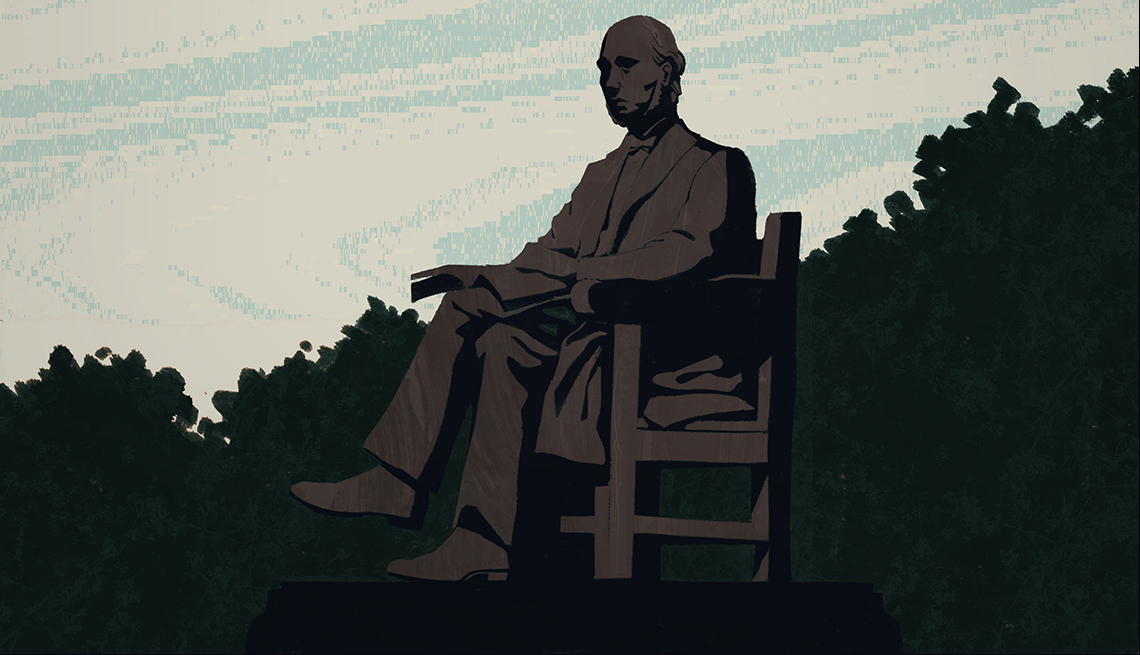
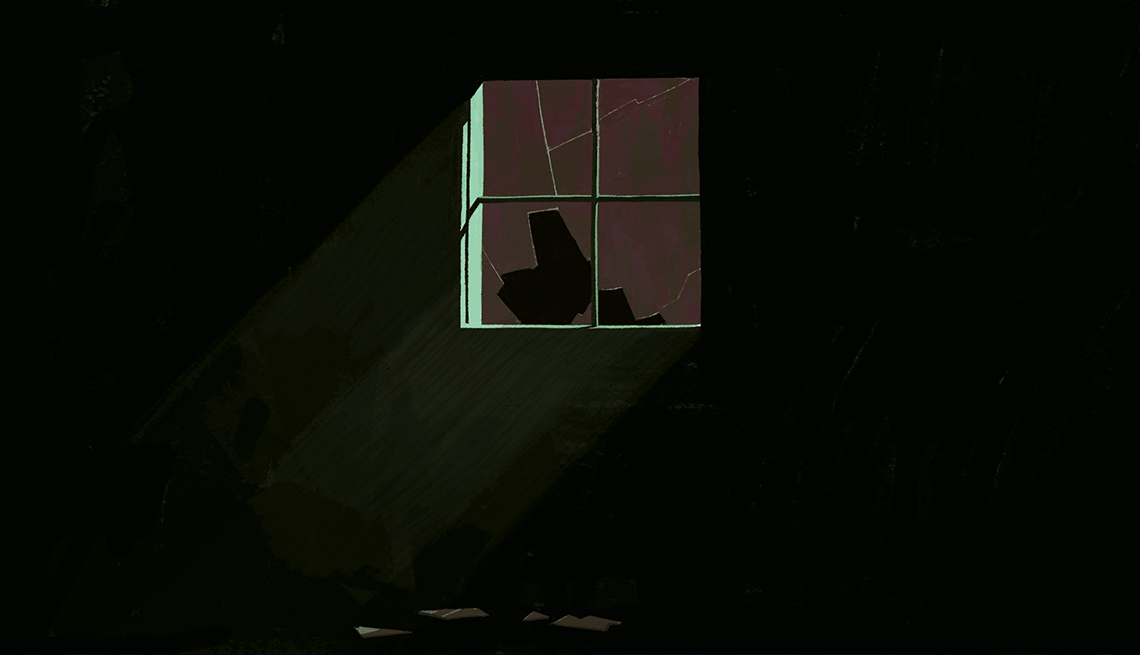
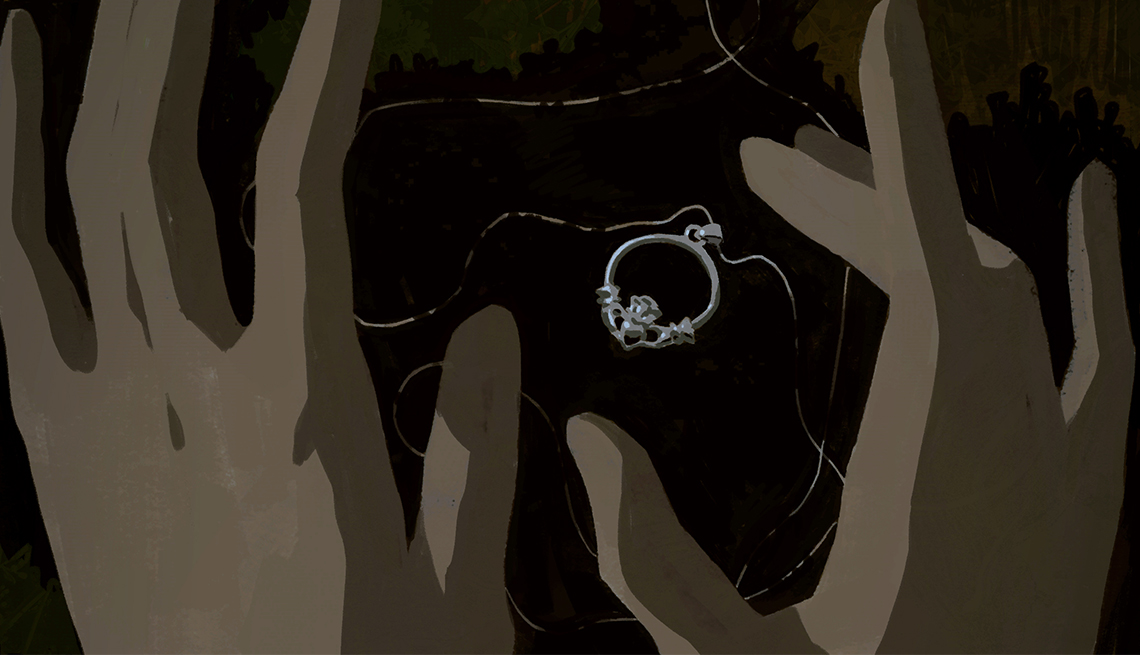
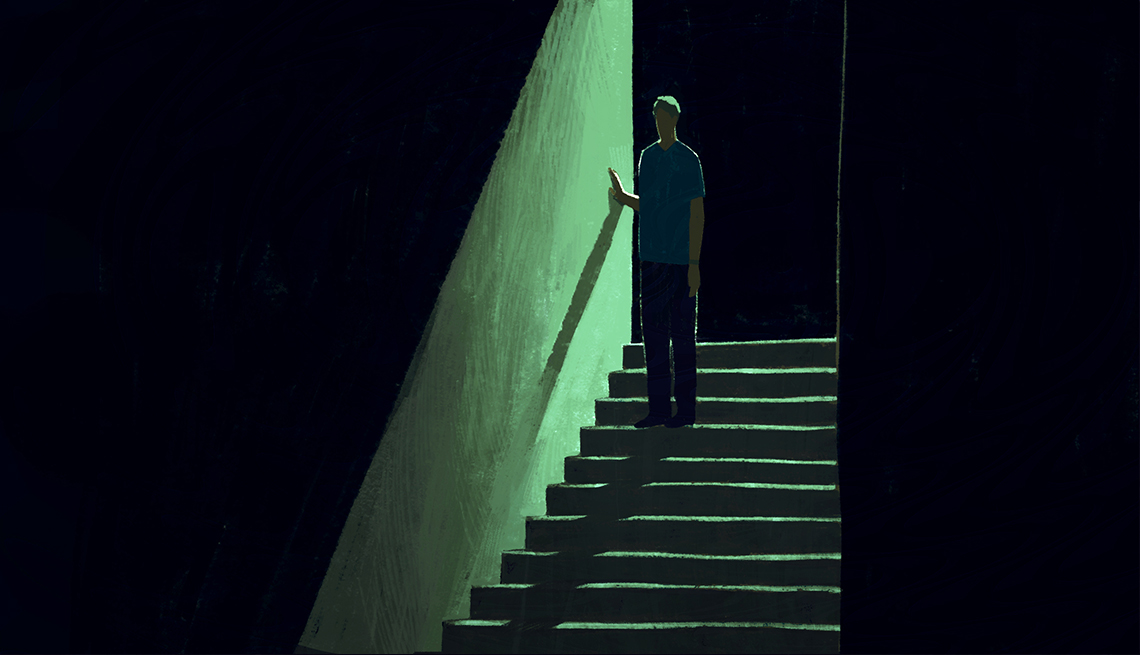




More From AARP
Free Books Online for Your Reading Pleasure
Gripping mysteries and other novels by popular authors available in their entirety for AARP members